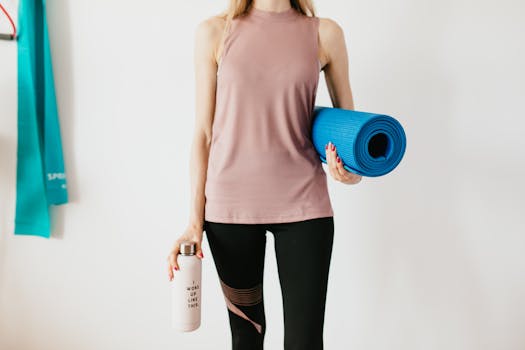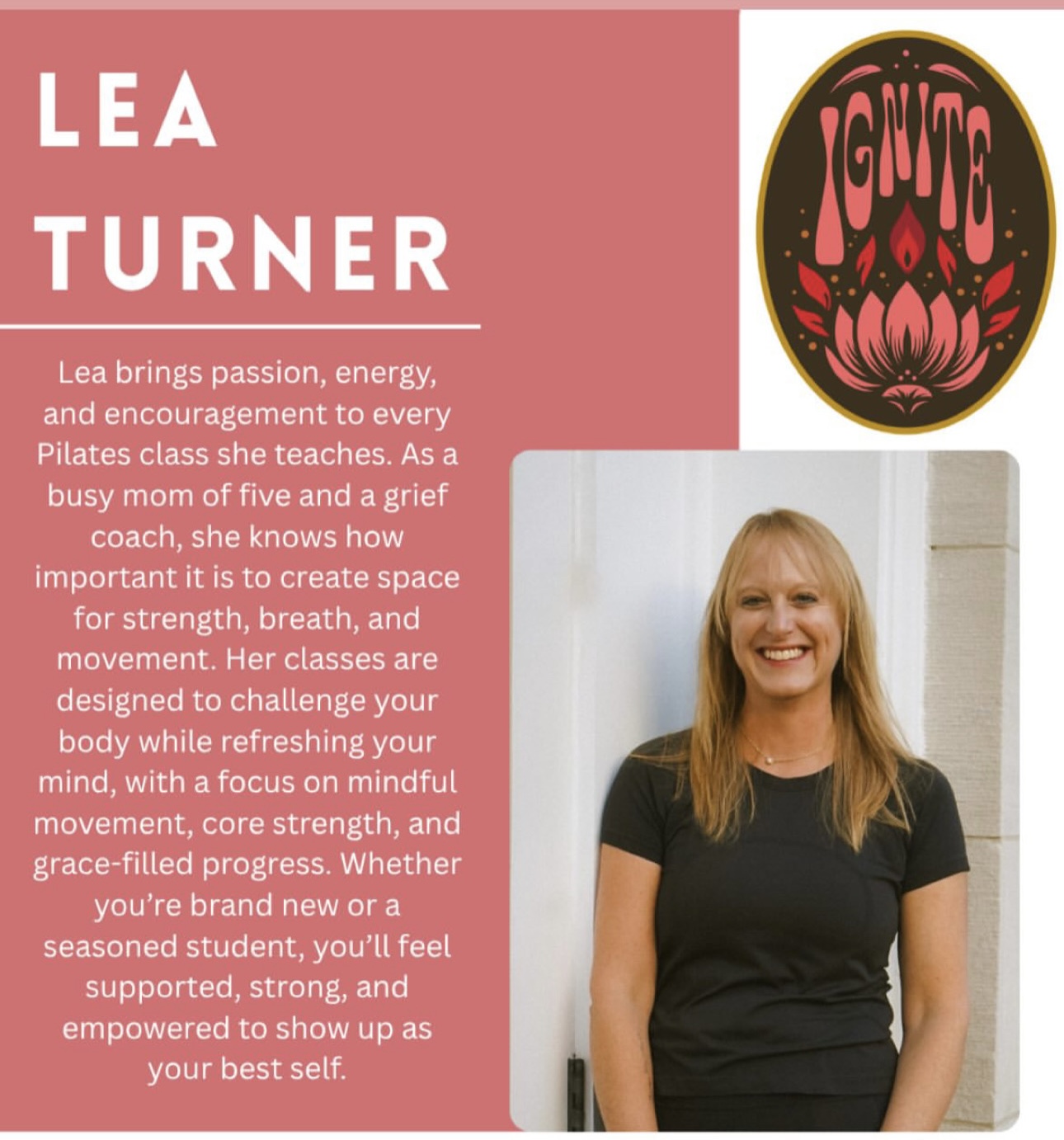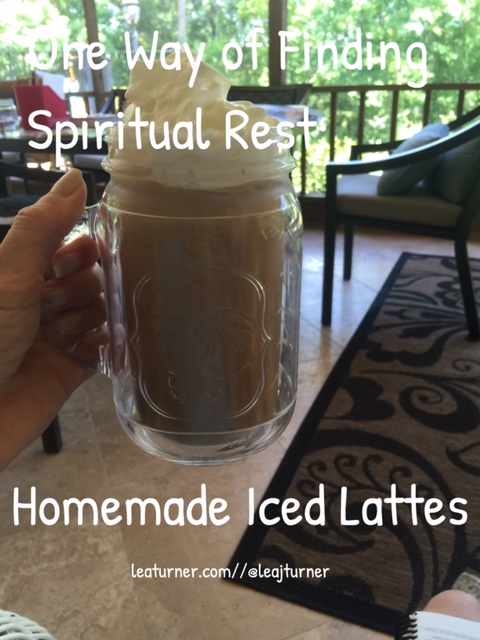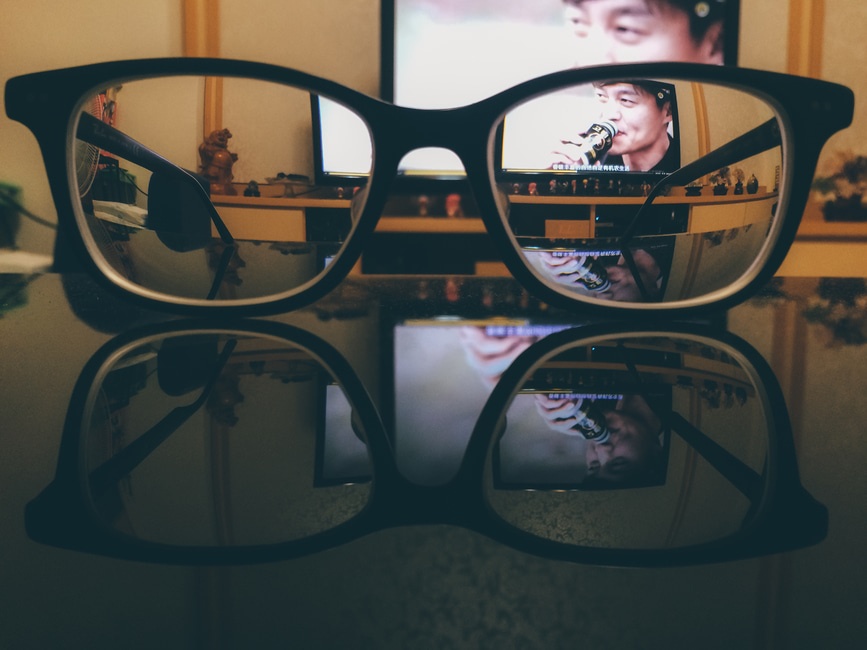In the whirlwind of grief and trauma, I found peace in the most unexpected place—not in fixing everything, not in pulling myself together—but in the quiet practice of self-compassion.
But let me be clear: self-compassion is not self-care in the way we often think of it. It’s not bubble baths or massages (though those things have their place). It’s deeper. It’s boundary-setting. It’s learning to say “no” when my heart is already stretched too thin. It’s reaching out when I’d rather isolate. It’s admitting I need help and allowing myself to receive it. It’s permitting myself to feel it all—the ache, the fatigue, the fear—and surrendering to the process of healing.
When Caring for Everyone Else Almost Broke Me
It felt counterintuitive to prioritize myself, especially as a mother, after our total house fire. After all, my kids were grieving, too in a thick, all-consuming way. I threw myself into caring for them, but slowly, almost silently, I stopped caring for myself.
And the truth is, neglecting my own body didn’t make anything better. It made everything harder. The pain I held in my spirit started to show up physically. I had less to give, not more. My resilience cracked. I had no reserve left for my children or anyone else.
However, something began to shift when I chose to show up for myself. I began paying attention to the signals—tight shoulders, shallow breathing, the lump in my throat that wouldn’t go away. Instead of pushing through, I paused. I took a breath. I asked myself, “What do you need right now?”






